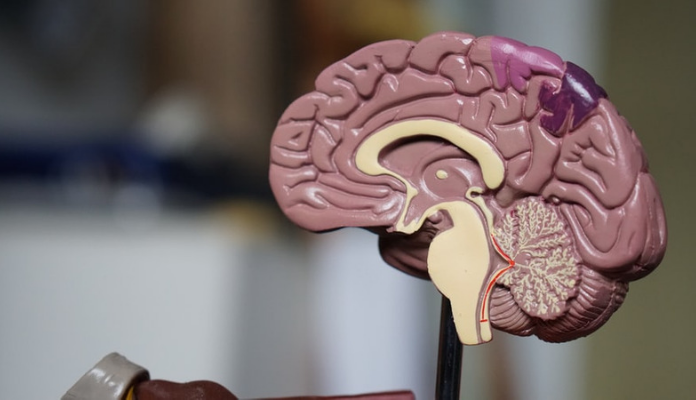The Danger That Is Cerebral Haemorrhage
Cerebral haemorrhage refers to bleeding in the brain due to the rupture of blood vessels. It Is a catastrophic disease with high rates of disability and death Cerebral haernorrh age is a type of brain stroke, leading lo paralysis. There is also another common type of brain stroke known as cerebral ischemia in which, the blood supply to a part of the brain is blocked
Symptoms
The symptoms of cerebral haemoi’rhage depend on the size and location of bleeding in the brain. The symptoms start all of a sudden and common among them are the following:
- Headache
- Vomiting
- Altered consdousness, including comatose state
- Weakness or paralysis of arms and legs
- Loss of speech
- Imbalance while walking
Risk Factors
- HypertensIon or high blood pressure Is the most common risk factor leading to brain haomorrhage
- Use of blood thinner medications such as aspirin, clopidogrel and warfarin (these are used in patients with brain stroke and heart attack to prevent their recurrence) also increase the risk of brain haemorrhage.
- Rupture of abnormal blood vessels in the brain (aneurysm or vascular malformations).
- Road traffic acddents or other causes of trauma to the brainihead.
Diagnosis
A typical history of symptoms listed at the begining of the article, which occur suddenly, should raise suspicion of brain haemorrtiage. The diagnosis cen be confirmed by a specialist with a CT scan of the brain.
Treatment Options
- Small bleeds in the brain do not require much treatment and they resolve spontaneously.
- For shghliy larger bleeds, medications such as mannitol are given to reduce brain swelling.
- If the bleed is very large causing pressure on the brain, immediate surgery is needed to remove the blood clot and reduce the pressure on the brain.
- In addition, medications are given to reduce the blood pressure, which is often very high in most patients.
Outcome
The outcome of brain haemorrhage depends on the size and location of bleeding In the brain. If the bleeding Is small, most people recover well. With people who have large bleeding in the brain, immediate surgery can be tile-saving otherwise. the mortality rate can be as high as 30-50 per cent. Survivors are often left with major disabilities such as weakness of arms and legs, memory impairment, loss of speech or vision, etc
Prevention
- Strict control of blood pressure is needed, as high BP is the most common risk factor for brain haemorrhage
- Reduce salt in the die; Exercise regularly and prevent obesity. as these measures also help in BP reduction.
- Avoid stress.
- Use a helmet while riding two-wheelers,
